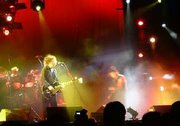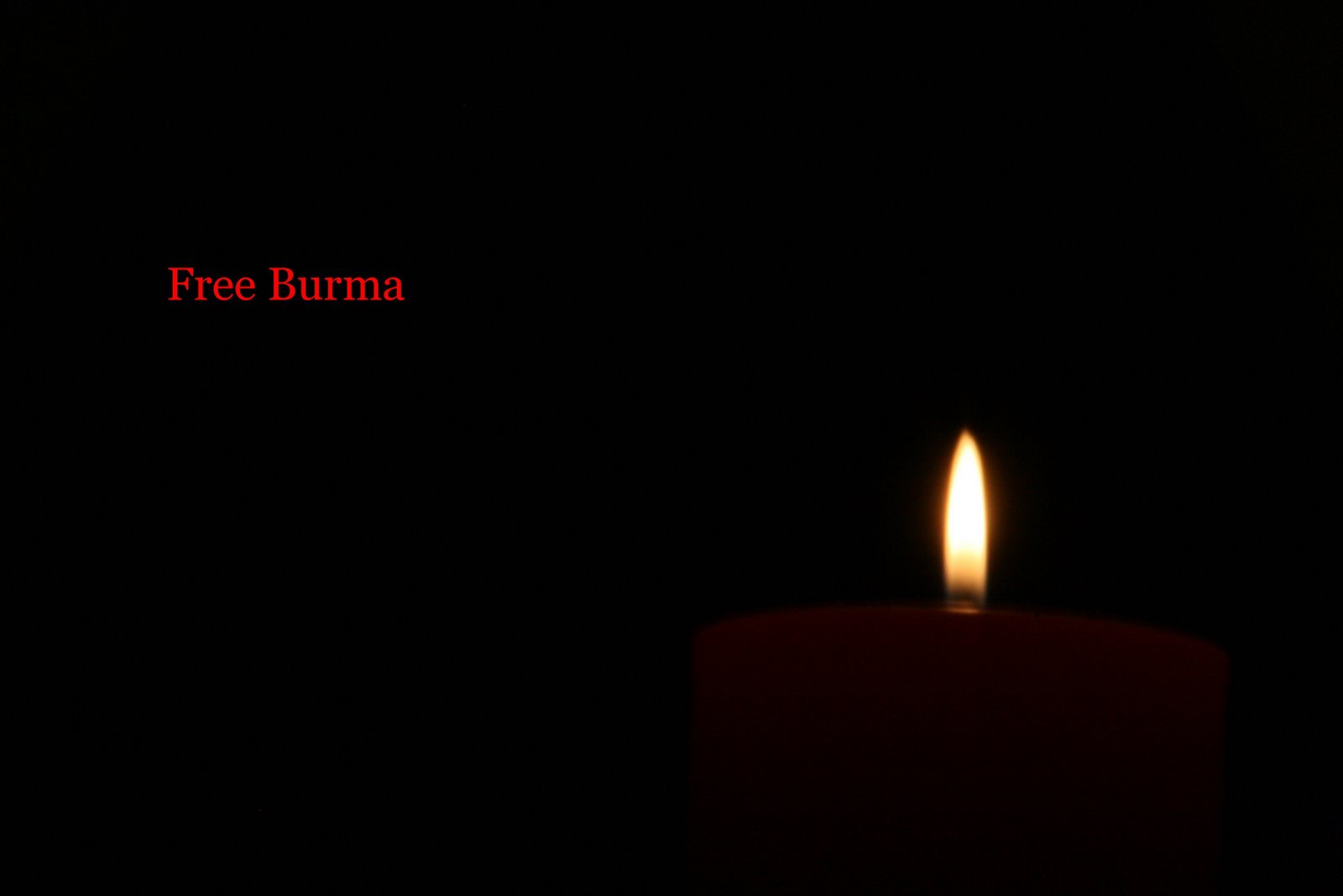by Ben Elton.
A murder mystery set in 1917, at first in England and then at the Western Front. As with all Elton's crime fiction, the book is not so much concerned with the crime and its solving, but with an examination of the society within which the crime occurs.
Douglas Kingsley, a London policeman and the central character, has refused to fight in WW1. His objections are based on intellect and logic and he is swiftly denounced as a traitor by all and sundry. He is sent to prison where he is nearly beaten to death for his "crime". Meanwhile Captain Abercrombie, a decorated soldier, celebrated patriotic poet, aristocrat and son of a leading parliamentarian, and also a closet homosexual, is murdered while recovering from war wounds in a Belgian hospital. It's announced that he was killed in action because it just wouldn't do to let it be known that such a famous member of society had been murdered in his bed.
Kingsley is spirited out of prison (and is announced as shot dead while trying to escape), is given a new identity as a military policeman and is sent off to the western Front to investigate Abercrombie's murder.
What follows is a thoroughly good read.
There are numerous references to the politics of the time - the domestic political situation, the question of Irish Nationalism, the threat of Bolshevism, the Suffragettes, the British class system. All get an airing as Elton weaves his way through the mud of Flanders.
The curious situation of Kingsley is central to his examination of the effects of that horrendous war on the people involved in it. Kingsley is utterly opposed to the war but finds himself forced to fight in it as he conducts his investigation. Elton's descriptions of the slaughter, the shell-shocked men, the privations they faced on a daily basis are detailed but not in any over the top way. He is very matter of fact about it - that's the way it was and men dealt with it as best they could. There are several passages where Kingsley ruminates on the treatment of these millions of men by the government that has sent them to fight on its behalf - the lack of decent food, the chronic shortage of fresh water, the way they are herded from place to place like sheep, the sheer senselessness of trench warfare in general.
Elton uses language that is highly appropriate to the times - he is very adept at that sort of thing I've noticed. He is also very adept at giving a realistic but entertaining snapshot of the society he has chosen to write about. This particular book is extremely ironic but not laden with the outright humour that other books of his have been. I guess there's nothing in the trenches of WW1 really to laugh about.
currently
2 hours ago


No comments:
Post a Comment